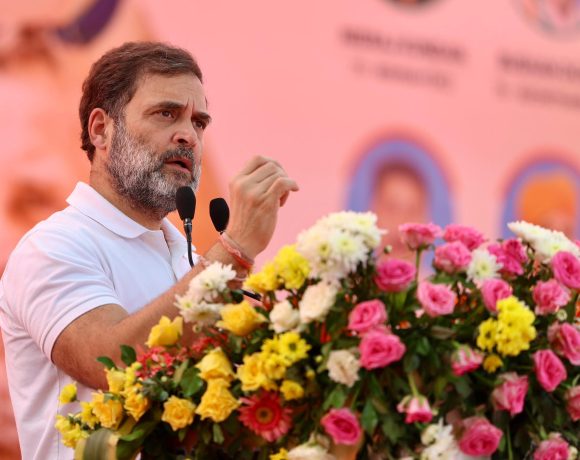
Income Tax and TDS Relief to Strengthen Savings
The latest Union Budget has introduced income tax and Tax Deducted at Source (TDS) relief measures, aimed at boosting disposable income and encouraging higher savings. These changes are expected to benefit taxpayers while strengthening the banking sector by increasing deposits.
Bank Deposits Expected to Rise by ₹45,000 Crore
The new tax relief measures could lead to an estimated ₹45,000 crore increase in bank deposits. With lower tax burdens, individuals are likely to save more in fixed deposits and other banking instruments. This rise in deposits is expected to enhance liquidity, giving banks more flexibility to provide loans and fund economic growth.
Key Changes in Income Tax and TDS
The budget has introduced significant adjustments to tax slabs, ensuring that individuals earning up to ₹12 lakh annually benefit from reduced tax liability. This measure aims to increase disposable income, encouraging both consumer spending and savings.
Additionally, the threshold for TDS on interest earned from bank deposits has been raised, providing further relief to depositors. The move is expected to incentivize higher savings, reducing the tax burden on smaller investors and retired individuals relying on fixed income sources.
Economic Impact of Tax Reforms
The expected rise in bank deposits will help improve liquidity, allowing banks to offer more credit to businesses and individuals. This, in turn, can stimulate investment, economic activity, and employment opportunities. Increased consumer spending driven by higher disposable income could further strengthen the domestic economy.
Conclusion
The income tax and TDS relief measures introduced in the budget aim to encourage savings, improve banking liquidity, and support economic expansion. By reducing tax burdens and incentivizing bank deposits, the government seeks to balance growth with financial stability, benefiting both taxpayers and the broader economy.


















